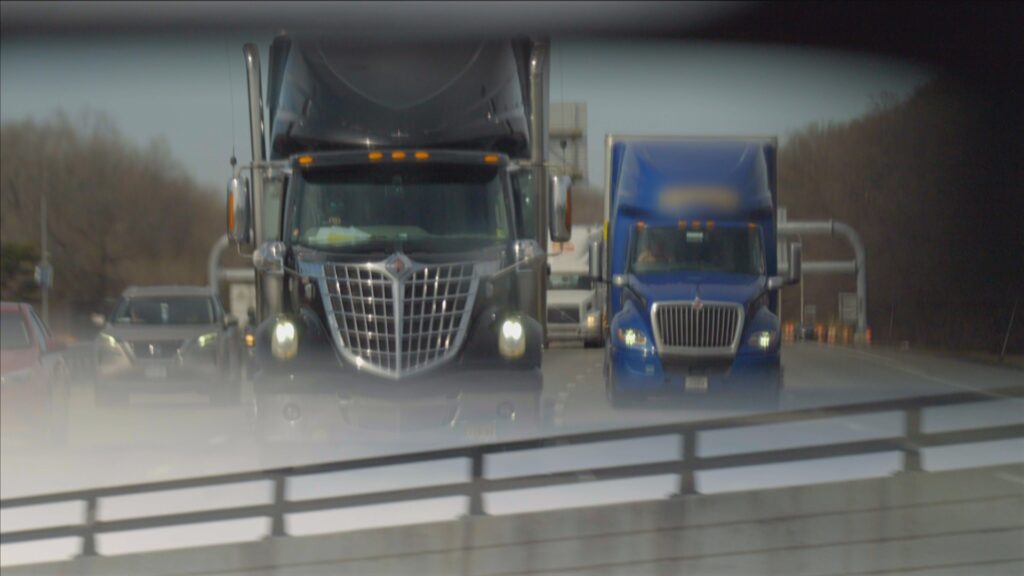The trucking sector is actively lobbying to implement changes that critics argue will hinder the ability of crash victims to sue companies and restrict the compensation they can obtain. Over the past three years, this initiative has led to new legislation in seven states, including Texas and Florida, which have some of the highest rates of fatal truck accidents in the country.
Industry representatives claim that these laws aim to reduce unwarranted lawsuits and exorbitant payouts. However, advocates for safety argue that these measures primarily protect trucking companies from legitimate accountability and discourage them from taking steps to prevent accidents.
As fatal truck accidents continue to rise—with over 5,000 fatalities annually, representing an increase of more than 50% compared to a decade ago—the recent FRONTLINE and ProPublica documentary, “America’s Dangerous Trucks,” shed light on a specific type of truck crash: underride accidents, and explore the reasons behind their frequency.
“America’s Dangerous Trucks” is a joint inquiry from FRONTLINE and ProPublica, having premiered on June 13, 2023, and is accessible for streaming on the PBS App and FRONTLINE’s website.
According to Joe Fried, an attorney in Georgia with 20 years of experience in truck accident law, suing the trucking company and driver is often the best way for victims to obtain compensation for serious injuries or for the loss of a loved one. He notes that most cross-state freight truckers must carry a minimum of $750,000 in liability insurance, a figure that can quickly fall short of covering the lifetime medical expenses arising from severe accidents. This minimum amount, set by Congress in 1980, has not changed despite multiple attempts to raise it.
In late 2019, Chris Spear from the American Trucking Associations referred to lawsuits related to truck accidents as an “all-out assault” on the trucking industry, declaring it a top priority for the organization to advocate for legislation to limit such lawsuits. He stated that the frequency and cost of these claims are driving up insurance rates for trucking companies.
Mark Geistfeld, a civil litigation professor at NYU, noted that the trucking industry’s push for reform echoes past efforts to limit liability, dating back to the 1980s. While their claims of frivolous lawsuits are often cited, he emphasized that such narratives frequently mask the industry’s primary intention: to reduce their financial responsibilities in legal contexts.
In summary, recent legislative changes in states like Texas, Florida, and Iowa reflect a concerted effort by the trucking lobby to limit liability and alter the structures of litigation in their favor, with potentially significant implications for accident victims seeking justice.


